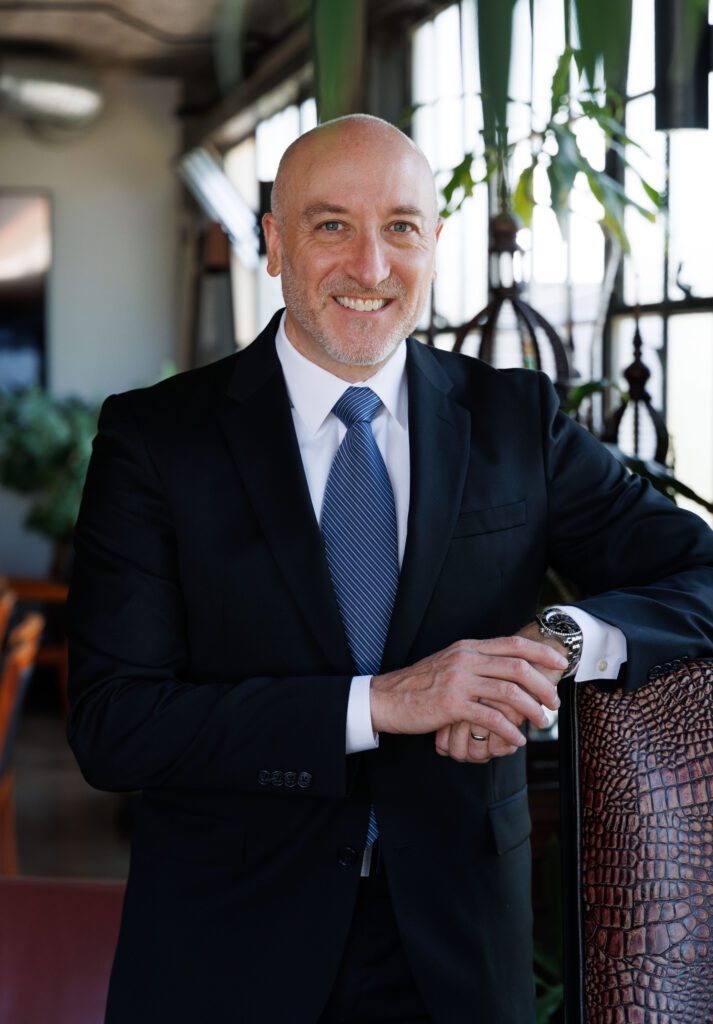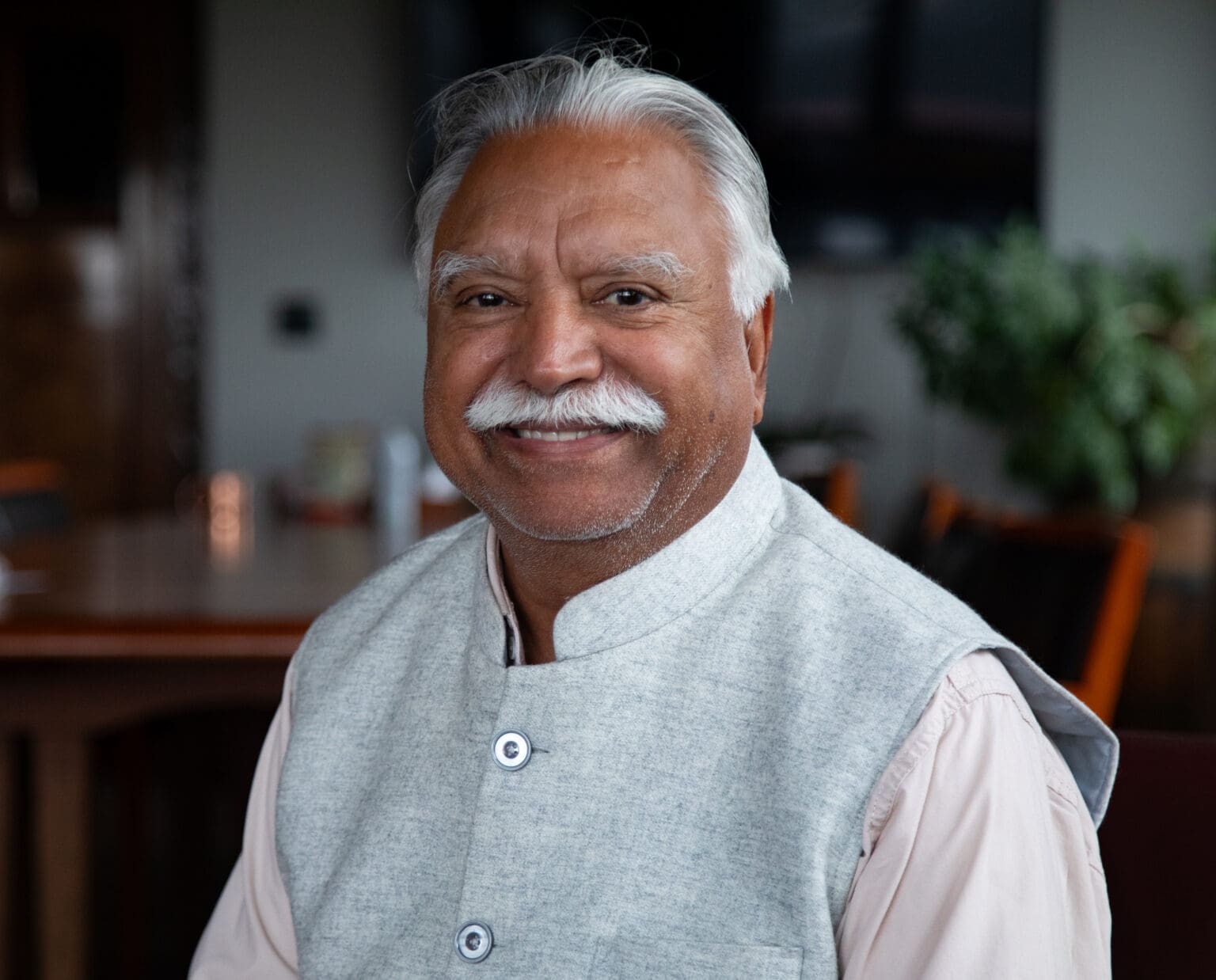Incumbent Satpal Sidhu has earned a second four-year term at the helm of Whatcom County government, based on his steady performance during an often-troubled time in America and Northwest Washington over the past four years.
Like many other elected officials, Sidhu navigated a first term filled with unforeseen challenges. His administration’s handling of the natural calamities of severe flooding and a global pandemic, as well as the human challenges of racial and class unrest, homelessness, drug addiction and other maladies, can be viewed in hindsight as less than perfect.
We accept his vow to treat those past responses as an experiential aid to prepare for what surely will be repeat challenges in the years ahead, given the volatile nature of both climate-influenced human suffering and disruptive national and sometimes local politics.
Sidhu, 73, who holds one of the highest elected offices in the U.S. for a politician of Punjabi Sikh heritage, ran for the county’s “nonpartisan” top position four years ago as a centrist, faithful to Democratic Party roots and ideals but cognizant of Whatcom County’s decidedly purple political nature. Aside from occasional political squabbles within the county council realm and a reputation among some combatants for bullheadedness, he has largely succeeded, at least in the eyes of the electorate.
This year’s race for county executive was, it seems likely, largely decided in the primary election, in which Sidhu’s moderate-left base helped him swat aside several strong challenges from popular fellow Democrats such as Rep. Alicia Rule and county council member Barry Buchanan. Both have now endorsed Sidhu.
This makes him a strong favorite for reelection among voters who embrace many of his political positions. And it makes him an easy choice for CDN’s endorsement over challenger Dan Purdy, a management consultant whose almost exclusively business background makes him a questionable choice for first-time leadership of a government as large and varied as Whatcom County.
Sidhu earns strong marks on issues chosen as critical to local voters through CDN’s Citizens Agenda process.
He embraces a real-world, practical stance on homelessness, choosing to focus on the rough edges where local control can intercede on prevailing national social trends of housing affordability, a horrific unfolding substance abuse crisis and persistent lack of behavioral and mental health resources.
He believes the few levers available to local government are being operated fairly efficiently, with thousands of local residents being kept in homes every year due to rental assistance — a helping hand largely unseen in the face of escalating homeless people in streets and other public spaces. More state and federal assistance will be required to lessen the larger problem, Sidhu told CDN.
His broad, global-influenced perspective on issues of land use brings creative — albeit perhaps impractical — ideas to the table.
Sidhu has the courage to wonder out loud whether development of additional cities in largely rural counties such as Whatcom might be an effective workaround to state Growth Management Act requirements to build up, up, up in established urban areas such as Bellingham. He is confident that changes in state zoning laws will free up additional county lands for development. While ample reason exists to doubt either will occur in the short term, Sidhu’s refusal to accept the current parameters in the homelessness and affordable housing crises comes across as refreshing, if not always practical.
They also stand in marked contrast to his opponent’s vague pledge to help solve the housing affordability crisis by unspecified “streamlining of permit processes” in place largely to protect the environment and establish other livability standards. It’s a claim that countless conservative candidates have made before him with no tangible results.
Sidhu acknowledges the need for further, sometimes aggressive action to preserve local water quality, especially in the Lake Whatcom watershed that provides more than half of county residents with their drinking water. He acknowledges the need for the county to provide a more robust response to natural calamities such as severe flooding, telling CDN the county is “ready on the rescue part” to deal with catastrophic flooding as was seen in 2021. But a lack of expedient federal relief funding leaves the county less poised to handle mitigation from future damage, he acknowledges.
Sidhu is on the right side, in our opinion, of the argument over the proposed sales tax increase to fund a new county jail and behavioral health services designed to keep people out of it. But he and other local leaders deserve criticism for a general lack of leadership that might be required to get this expensive and confusing tax measure over the finish line on Nov. 7 (see CDN’s endorsement of the measure, publishing Friday, Oct. 13).
The incumbent executive gets a passing grade — with a notation of “need for improvement” — on his positions on the near-monopolistic control of local health care by the not-for-profit, Vancouver, Clark County-based PeaceHealth. While professing to share community concern over recent cuts made by the Catholic-based organization, Sidhu has offered few clear steps to improve its responsiveness to modern community needs.
He professes “no doubt” about PeaceHealth’s historical pledge to use its tax-exemption advantages to contribute to community health care, including a fund for the financially needy. And he calls penny pinching at the lone local hospital and its attendant clinics a reflection of national health care market realities. Both positions are at odds, we believe, with much of the Whatcom County electorate, which does doubt the modern community commitment of PeaceHealth, and sees it as being inconsistent with its own faith-based, charitable roots.
Sidhu’s opponent, self-described “process Ninja” Purdy, is a likeable, clearly well-intentioned political newcomer who brings to the table no practical government experience. Purdy, who holds an MBA in business management, brings to the table a long business career that includes a stint at BP’s Cherry Point Refinery and ownership of four small businesses. He is endorsed by Port of Bellingham Commissioners Ken Bell and Dan Robbins and by former state Sen. Simon Sefzik.

Purdy’s own solutions to homelessness and housing affordability are vague; he argues that critical issues such as substance abuse should be combatted by public-private partnerships.
His pledge to make the county work better for all its residents by operating under business-oriented principles is commendable in its quest for efficiency. But we believe public governments are in business to serve people, with needs often in direct contrast to management schemes designed to prioritize corporate profit margins.
Sidhu, endorsed by a broad range of elected officials, labor organizations and the Whatcom Democrats, is the clear choice.
CDN endorsements are made by consensus of the CDN Editorial Board: Publisher Cynthia Pope and Executive Editor Ron Judd. Dean Wright, the newspaper’s ethics consultant, acts as a nonvoting adviser and facilitator. Look for endorsements for the county council at-large, Bellingham mayor, Whatcom County sheriff, and the Public Health, Safety, and Justice Sales and Use Tax, online this week and in a special Voter Guide published on Oct. 13. Read more about the endorsement process here.




Thank you, Amsa Burke, for being a voice for our Black community